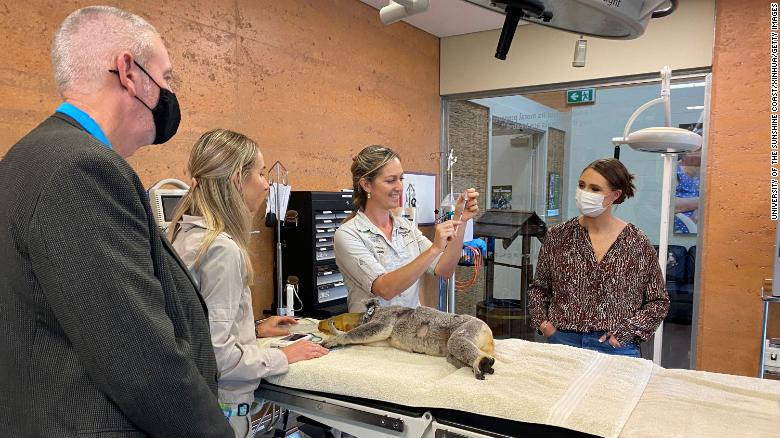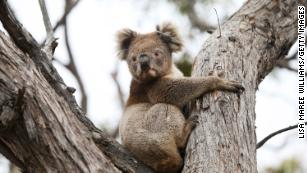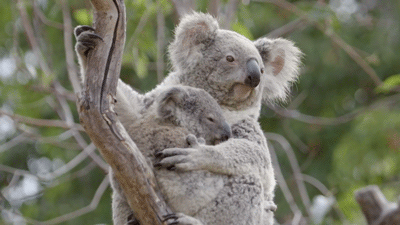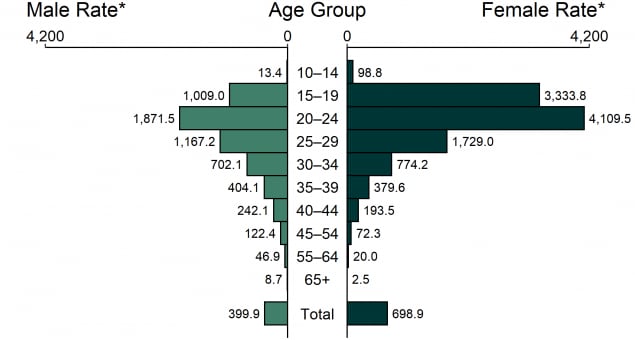KyokushinKarateMan
Train hard, fight easy
Chlamydia is so widespread among koalas they're getting vaccinated
Updated 9:49 PM ET, Sun October 17, 2021

The first sign is the smell: smoky, like a campfire, with a hint of urine. The second is the koala’s rear end: If it is damp and inflamed, with streaks of brown, you know the animal is in trouble. Jo, lying curled and unconscious on the examination table, had both.
Jo is a wild koala under the purview of Endeavour Veterinary Ecology, a wildlife consulting company that specializes in bringing sick koala populations back from the brink of disease. Vets noticed on their last two field visits that she was sporting “a suspect bum,” as the veterinarian Pip McKay put it. So they brought her and her 1-year-old joey into the main veterinary clinic, which sits in a remote forest clearing in Toorbul, north of Brisbane, for a full health check.
Ms. McKay already had an inkling of what the trouble might be. “Looking at her, she probably has chlamydia,” she said.
Adult koalas catch chlamydia just as people do — through sexual transmission — but young koalas can also become infected by eating pap, a nutritious type of feces, when it is excreted by infected mothers, according to a study published March 12 in the journal Peer J.
Diseased koalas are treated with antibiotics, but the koalas often lose weight and die even after receiving treatment, scientists discovered.
The koalas will each receive one dose of the vaccine and will be microchipped before being released into the wild.
In koalas, chlamydia’s ravages are extreme, leading to severe inflammation, massive cysts and scarring of the reproductive tract. In the worst cases, animals are left yelping in pain when they urinate, and they develop the telltale smell.

@International Koala
Updated 9:49 PM ET, Sun October 17, 2021

The first sign is the smell: smoky, like a campfire, with a hint of urine. The second is the koala’s rear end: If it is damp and inflamed, with streaks of brown, you know the animal is in trouble. Jo, lying curled and unconscious on the examination table, had both.
Jo is a wild koala under the purview of Endeavour Veterinary Ecology, a wildlife consulting company that specializes in bringing sick koala populations back from the brink of disease. Vets noticed on their last two field visits that she was sporting “a suspect bum,” as the veterinarian Pip McKay put it. So they brought her and her 1-year-old joey into the main veterinary clinic, which sits in a remote forest clearing in Toorbul, north of Brisbane, for a full health check.
Ms. McKay already had an inkling of what the trouble might be. “Looking at her, she probably has chlamydia,” she said.
Adult koalas catch chlamydia just as people do — through sexual transmission — but young koalas can also become infected by eating pap, a nutritious type of feces, when it is excreted by infected mothers, according to a study published March 12 in the journal Peer J.
Diseased koalas are treated with antibiotics, but the koalas often lose weight and die even after receiving treatment, scientists discovered.
The koalas will each receive one dose of the vaccine and will be microchipped before being released into the wild.
In koalas, chlamydia’s ravages are extreme, leading to severe inflammation, massive cysts and scarring of the reproductive tract. In the worst cases, animals are left yelping in pain when they urinate, and they develop the telltale smell.

@International Koala















